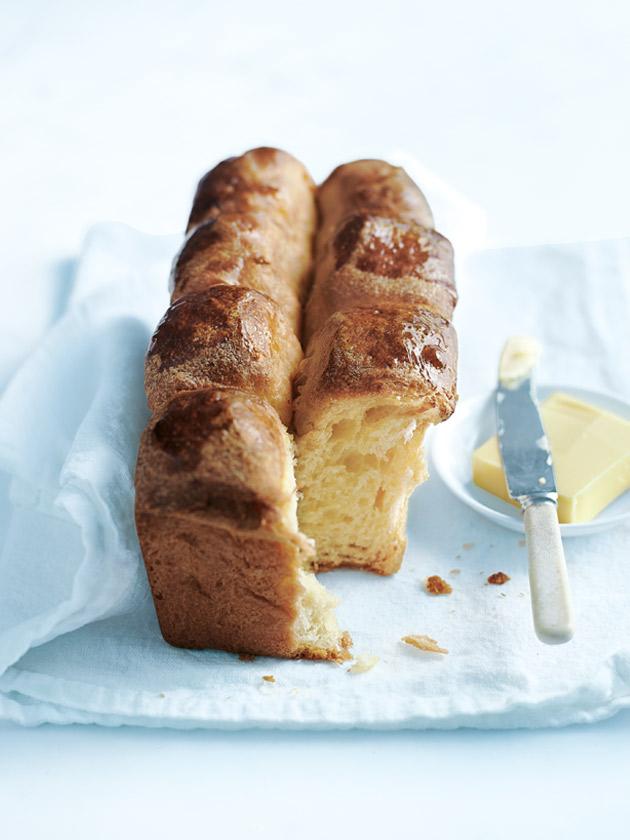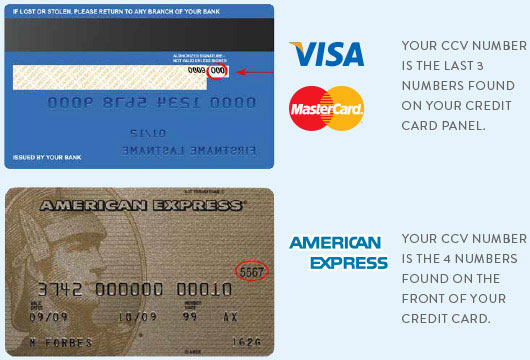basic brioche

- 2 teaspoons dried yeast
- 1 tablespoon lukewarm water
- ¼ cup (55g) caster sugar
- ¼ teaspoon sea salt flakes
- 2 tablespoons lukewarm milk
- 1⅔ cups (250g) 00 flour+
- 2 eggs, lightly beaten
- 225g butter, chopped and softened
- 1 egg, extra, lightly beaten
- Place the yeast and water in a bowl and mix to combine. Set aside in a warm place for 5 minutes or until bubbles appear on the surface. Combine the sugar, salt and milk
in a separate bowl. Place the flour, yeast mixture and egg in the bowl of an electric mixer and, using a dough hook, beat on low speed for 1 minute. Increase speed to high, add the milk mixture and beat for 10 minutes or until the dough comes away from the sides of the bowl. - While the motor is running, gradually add the butter and beat for 6–7 minutes or until glossy and elastic. Place the dough in a bowl and cover with plastic wrap. Set aside in a warm place for 2–3 hours or until the dough has doubled in size.
- Preheat oven to 180°C. Divide the dough into 4 equal-size balls and knead on alightly floured surface until smooth. Place in a 22cm x 8cm lightly greased loaf tin, cover with a clean, damp cloth and set aside for 1 hour or until doubled in size. Make a cut in the centre of each ball (see tip), brush with the extra egg and cook for 35–40 minutes or until golden. Allow to stand for 10 minutes. Serves 8.
+ 00 flour is a superfine flour that’s stronger than plain flour, and will give your brioche the perfect, stretchy consistency. Find it at supermarkets and food stores.
Tip: The amount of butter in the dough results in a deliciously golden brioche, but it can make the dough very sticky. To avoid the dough becoming difficult to work with, it’s a good idea to roll it out on a cool, lightly floured benchtop.
Tip: Snip the centre of each dough ball once placed in the tin. This will make for eight neat portions.






